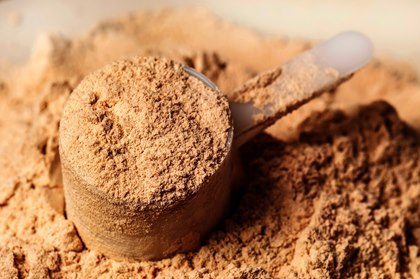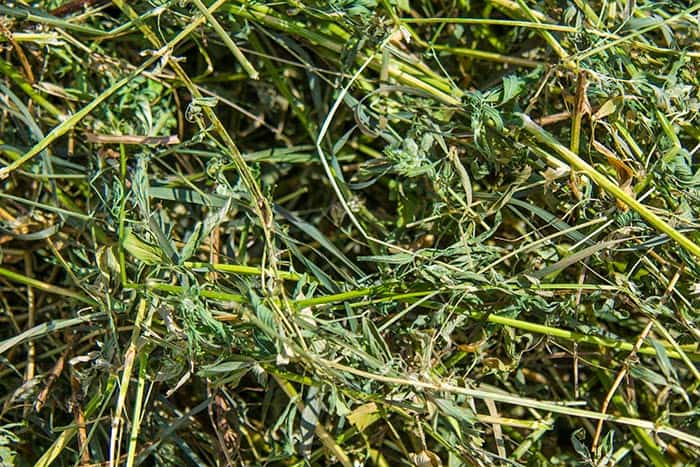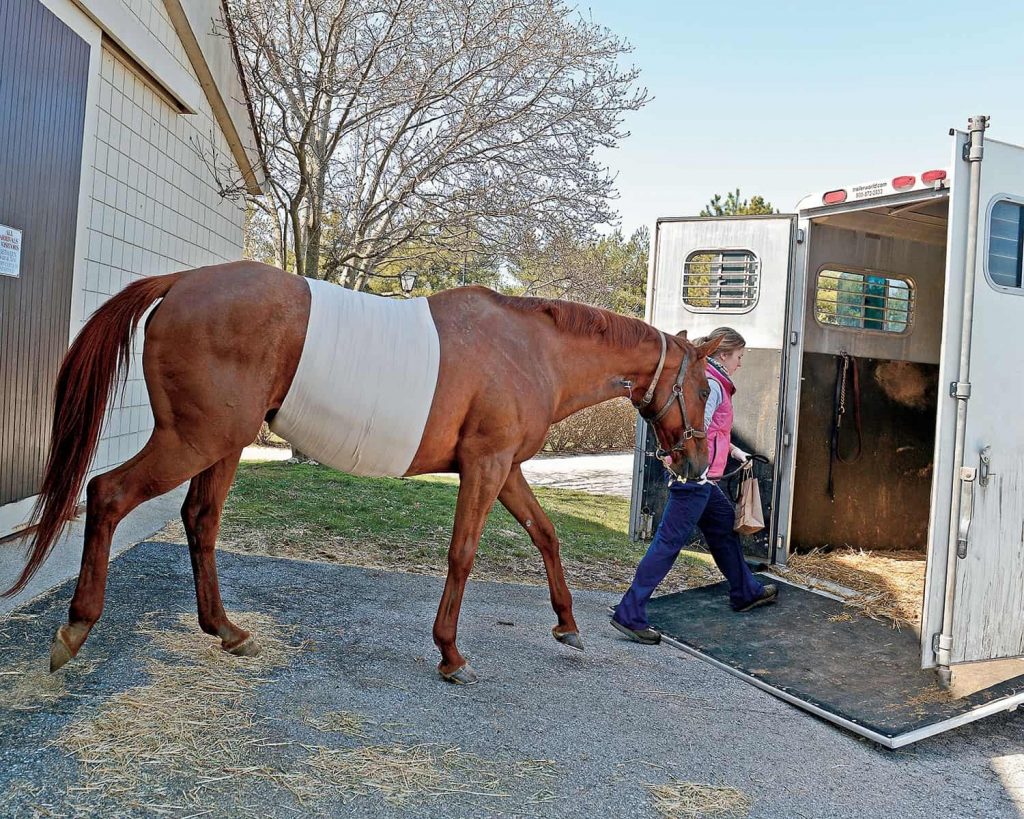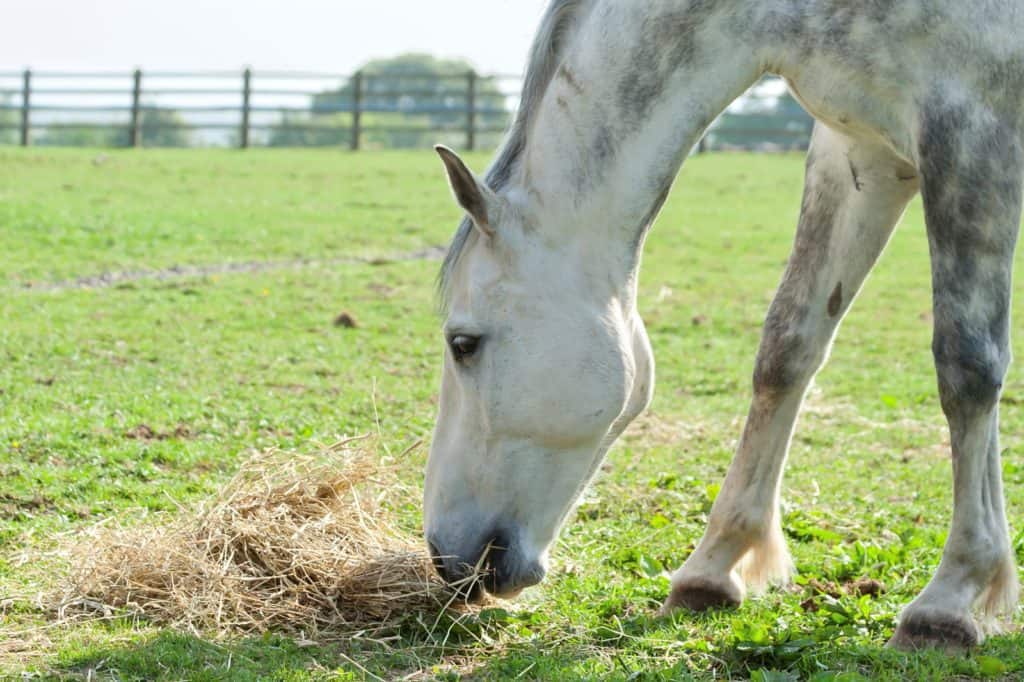
Feed Before Riding to Reduce Ulcer Risk
Providing forage before an early morning ride can help reduce your horse’s risk of developing ulcers.
Horse-health-problem risk factors, prevention, diagnosis, and treatment

Providing forage before an early morning ride can help reduce your horse’s risk of developing ulcers.

As horses age, they might need additional nutritional support. Read advice for feeding senior horses.

Select an equine gastric support supplement containing active ingredients backed by peer-reviewed research.

When fed correctly, alfalfa might help prevent gastric ulcer development. One expert explains the importance of timing and amount when feeding horses alfalfa.

Find out whether a horse diagnosed with ulcers should be on a special diet.

The stress of surgery and the management changes that follow can cause gastric ulcers in horses. An equine nutritionist describes possible solutions.

An equine nutritionist explains how horses use dietary fats for energy and why some metabolic horses might need additional fat sources.

Learn about feeding your new horse during transport, quarantine, and the first few weeks at his new home.

Old wisdom tells us not to feed horses before exercise. But this outdated belief might be hurting your horse.

Learn to read the vast and varied signs of equine gastric ulcer syndrome.

Do certain concentrates increase gastric ulcer risk? A nutritionist answers this commonly asked question.

Does your horse struggle with gastric ulcers? Learn how to identify this painful condition and how veterinarians might diagnose and treat it. Sponsored by SmartPak.

Researchers believe adding alfalfa pellets to your horse’s diet might help manage and prevent ulcers in the lower region of the stomach.

Sand accumulation in the horse’s gut can lead to obstructions, irritation, and signs of colic, weight loss, and diarrhea.

Do you know what to do–and just as importantly, what not to do–if your horse displays vague, mild, or serious signs of what might be colic? Your answer could save your horse’s life. Sponsored by Kentucky Performance Products.

Glandular ulcers involve different risk factors and treatments than squamous ulcers. To help, address an affected horse’s exercise frequency, stress, and environment.
Stay on top of the most recent Horse Health news with
"*" indicates required fields